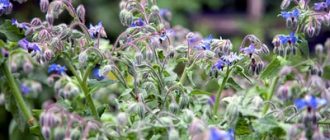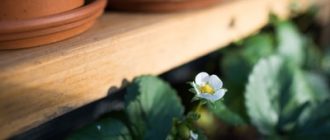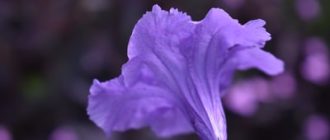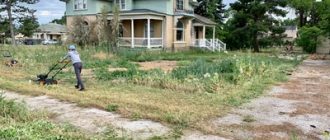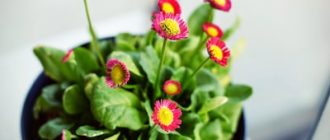
Organic gardening is growing plants (including fruits and vegetables) in materials that won’t harm their quality or flavor.
It’s also quite a healthy way to garden, as it builds healthy soil and avoids pesticides. Growing your own organic garden is not too hard, it takes some time to know what to do and a bit of research on your part (basically nothing). You will benefit from growing your own fruits and vegetables, as they will be better quality and have a higher nutrient content.
You can start your organic garden without spending too much money. Plant the things that you like to eat, and try to grow a variety of plants.
There are 2 basic methods of growing organically -> natural and organic.
Natural gardening is growing a plant without the use of any chemicals. It’s entirely natural and most times is superior to what you’ll find in stores.
The following are some of the things you’ll avoid as you grow your own organic garden:
Use terms such as synthetic, unless it specifically refers to a product that you’re using.
Use the chemical free fertiliser.
Don’t spray insecticides on your plants, as it kills the natural predators which are in the soil to help your plants.
Buy seed from organic growers who are growing seedlings.
Avoid transplants soaked in soapy water, and any organic plants that have been reared in a soapy container.
Use cage feeds for burppings and returns.
rapes are natural repellents, as the coyotes have already been doing it for years.
Pull weeds by hand. Use a hoe regularly to kill the roots and stop the seeds from germinating.
Use only organic fertilisers.
Avoid throwing invasive plants into your garden, as many can be poisonous.
Select fruit varieties that aren’t prone to pests and diseases.
Keep your garden clean and weed free.
lettuces: choose the ripest varieties and handle them gently.
eners: choose the ripest varieties and handle them gently.
chop chutney: use mayonnaise with lime mayonnaise to stop it going smelly.
reds: choose bruises instead of the regular red tomatoes. As they’re often quite spicy, use a knife to cut them instead.
white potatoes: handle them with care so that you don’t break the skin.
Once you’ve established your organic garden, it’s also important to choose the right location for your it. It’s better to choose a sunny spot opposed to a shady place. It’s best to be able to grow your organic crops in the sunshine. For example, your organic carrots would best grow in temperatures of about 75-80 degree Fahrenheit. In places that have cool summers, you can sometimes grow organic beetroot, winter acorn and potatoes.
Some other plants that are able to grow in the shade are eggplant, peppers, tomatoes, beans, cucumbers, peas, cabbage, peas, radish and celery.
The main challenges when growing a organic garden are insects and weeds. You don’t want to plant your garden with harmful insects nearby. For example, white flies are often found on lettuce. You can use predatory insects instead, so that you don’t have to worry about that.
Weed pests can really be detrimental to your garden. For example, theamorph rose( Botrytis) has flowers in almost every colour you can imagine. But worst of all is contemporary molds which will attack almost anything in your garden.
The unavoidable is that somewhere along the way someone decided that the Bermuda grass was a better plant to grow in your garden. Whether it’s supposed to be a bog garden or not, Bermuda grass constantly grows and can crowd out your other plants.
Another problem in maintaining a garden is the small amount of land you have available to grow anything. Sometimes it’s better to use containers or small areas of land to grow your plants. If you have only a small amount of space to dedicate to a garden, then go with the containers, such as pots, tin cans or small wooden crates.
There are so many benefits of having a garden. By having a variety of plants available, you can always mix and match when you grow them. A good example is that corn is frost sensitive and if you plant it in a raised bed, then it can grow even though the soil is warm to the touch.
Enjoy your garden, and the sunny days!

